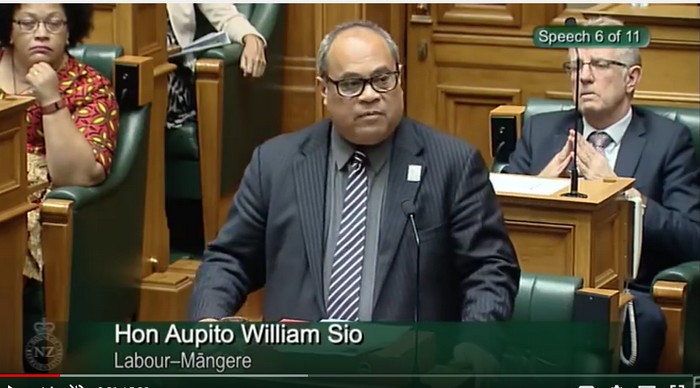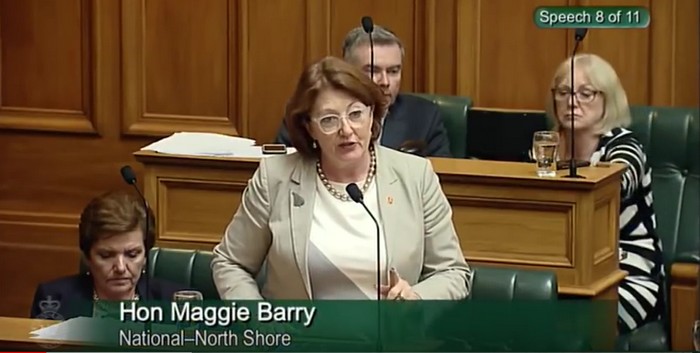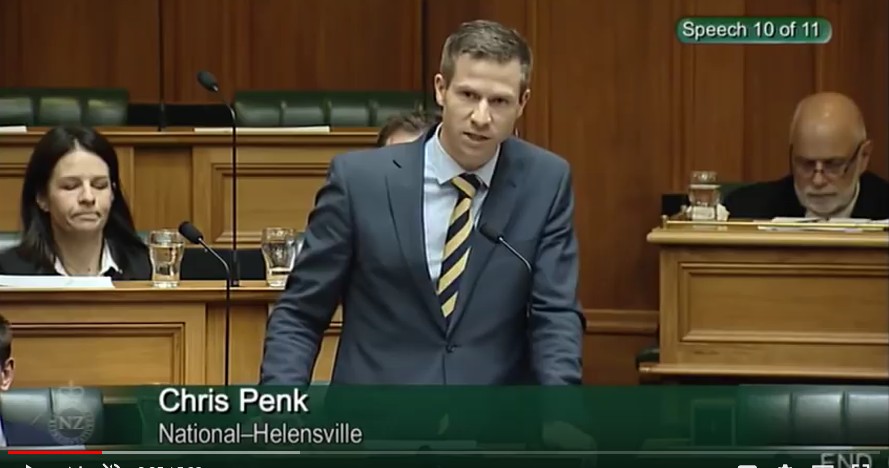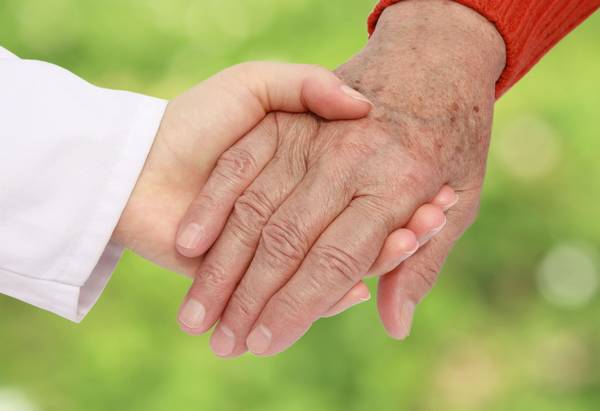
Thank you, Mr Speaker, for the opportunity. I want to, firstly, acknowledge that there are people in the stands here who have taken great interest in this issue. I also want to acknowledge that there are people listening to this debate, and I just want to acknowledge that this is an issue where many people have a variety of views. Within the Pacific communities themselves, I am aware that there are those who do not support this cause, there are those who support it, and there are those who have no view on it because of the fact that when we talk about death we also must talk about birth, or the creation of life. From a Pacific perspective—or from my perspective—can I say that when we talk of death, there is a tendency for many of us to acknowledge that death is only a pathway to another life. But I want to lay out for this House, and particularly for those members who have joined this House this year, some of the background that I think is important for people when making their decision.
There have been two first reading debates in Parliament on similar bills on this particular issue. Both were unsuccessful. In 1995, members voted 61 to 29 against Michael Laws’ Death with Dignity Bill. In 2003, members voted 60 to 58 against Peter Brown’s Death with Dignity Bill. On 23 June 2015, this Parliament received a petition by the Hon Maryan Street and 8,974 others, requesting that the House of Representatives investigate fully public attitudes towards the introduction of legislation that would permit medically assisted dying in the event of a terminal illness or an irreversible condition that makes life unbearable. The Health Committee, which received this petition, formulated its own terms of reference in considering that petition. Since the petition asked for a change to existing law, the committee’s terms of reference were wide and comprehensive. To fully understand the public’s attitudes, it set out to consider all the various aspects of the issue, including the social, legal, medical, cultural, financial, ethical, and philosophical implications.
The Health Committee received more than 21,000 written submissions from individuals and organisations. They heard from the petitioner of the petition on 14 October 2015. They agreed to hear from more than 1,800 submitters who had initially indicated that they wished to appear before that Health Committee. Submitters were invited to meetings held in Wellington, Christchurch, and Auckland. Those who were unable to make these venues were heard by teleconference. They began hearing from submitters on 24 August 2016 and concluded oral hearings on 5 April 2017. The committee spent over 108 hours of hearing. In the meantime, Mr Seymour’s bill entered the ballot in October 2015 and was drawn on 8 June this year.
I considered voting in support of this bill to go to the select committee, but based on that information, which is available for all to see, I believe that I’m able to make a decision not to support this bill going into the select committee.
My personal experiences are probably irrelevant for what Mr Seymour is attempting to do, but from a Samoan perspective—who have grown up to value life and that there is a purpose to life and that if people do not experience the pain, they’re also unable to enjoy what joy is. If people do not accept the reality of death, they cannot then see the purpose of life. And for those reasons, I believe that there’s been sufficient consultation on this matter.
I want to finally say that our laws follow values. Our laws traditionally follow traditional values. I believe that one of the most fundamental values that we need to uphold is the value that life is sacred, and when we’re dealing with suicides, this is one issue that doesn’t balance out our desire to keep life valued.








